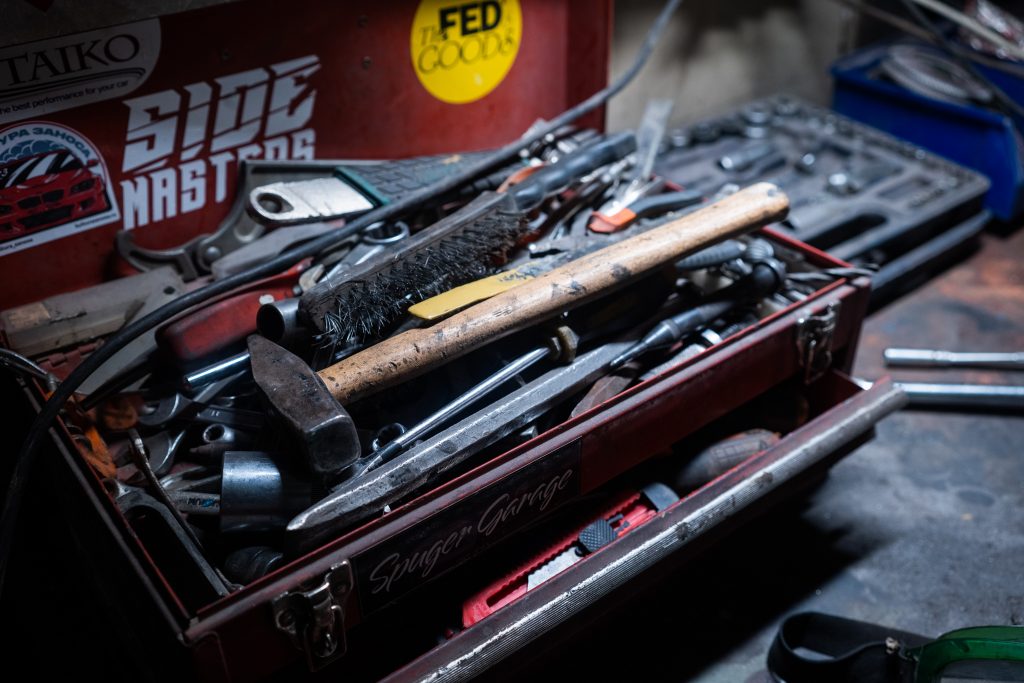
It was clear that this person just didn’t get it.
The setting was a leadership conference and it was breakout time. As the host organization, one of my roles was to make sure that each seminar was up and running. I slipped into the back of one of the sessions as they were circling the room, introducing themselves. “Tell us your name and what you do vocationally.” Things were going well until Arnie got the floor and proceeded to march us down memory lane rehearsing each of his jobs since graduating summa cum laude from Clearmiss Middle School.
Sadly, Arnie had no clue. The bank account of his self-awareness had long been overdrawn. Insufficient funds.
But think about it. It’s one thing to ride out the momentary pain of the Me-Monster that sets up shop in your breakout session, but it’s quite another to live day-in and day-out under a leader of a work group or an organization who has a severe case of Self-Awareness Deficit Disorder. That’s tough duty.
Self-awareness is the capacity to have an accurate read on what is going on in your life internally and how that reality affects your world externally. It’s the core of emotional intelligence. It’s the ability to know who you are and to understand the impact you have on those around you—and to do so in real time.
Self-awareness is the capacity to have an accurate read on what is going on in your life internally and how that reality affects your world externally.
Self-awareness cannot be over-estimated. Leadership consultant Reggie McNeal in his must-read book Practicing Greatness, says: The single most important piece of information a leader possesses is self-awareness.
To take it a step further, a recent survey of 75 members of the Stanford Graduate School of Business Advisory Council rated self-awareness as the most important competency for leaders to develop
Those data-points grab my attention. You too?
Arguably, the single most important practice for leaders to ramp up their self-awareness is to actively seek feedback. In the words of Ken Blanchard, author and leadership consultant, feedback is the breakfast of champions. I agree.
Arguably, the single most important practice for leaders to ramp up their self-awareness is to actively seek feedback.
Feedback comes in all shapes and sizes. Online inventories. End of semester reviews. To name a few. But by far, relationship is the best feedback delivery system there is.
But finding someone who will offer you the gift of feedback can be a challenge. In that pursuit, you need to ask yourself these three questions.
• Who currently sits within my circle of leadership influence?
• Who in this circle could best offer helpful feedback?
• Who in this circle has the courage to tell me the things that others have been unwilling to tell me?
Pinpointing such a person is the proverbial mother lode of self-awareness as a leader. Having found that person, value them by thanking them for their cut-to-the-chase feedback. Value that person by receiving their feedback without pushback. Value that person by readily owning the corrective. And most of all, value that person by making the requisite changes.
Because when it is all said and done, you owe it to those who look to you for leadership to show up every day with an ever-increasing supply of self-awareness.
![]()
Chuck Olson
Founder | Lead With Your Life

Chuck Olson
More Articles
Written by Chuck Olson
Written by Chuck Olson
Written by Chuck Olson
Sign Up for Free Resources via Email